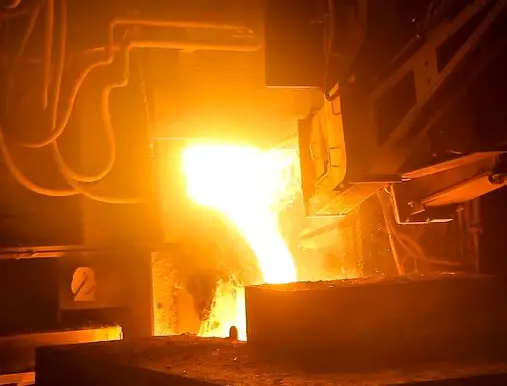A scandal is brewing in a segment of the Chinese economy where commodity traders take loans to procure and supply raw materials to refiners, in return for supplying interest and fees to the creditors at the conclusion of the deal.
A group of Chinese companies are now investigating a commodity storage site in Norther China which was, according to financial agreements, supposed to be holding 300,000 tons of copper concentrate worth about 5 billion yuan (US$740 million), but which was only found to be holding 100,000 tons, meaning there was about US$490 million in copper concentrate missing.
More than a dozen state-owned Chinese firms sent traders to the norther Chinese city of Qinhuangdao city this week to investigate the missing concentrate, as concerns over the borrowing company’s finances grow.
This discrepancy in copper concentrate in Hebei province follows on another similar scandal in southern China, revolving around missing aluminum which was linked to US$1 billion in lending.
As global markets cool, and finances tighten, China is increasing its scrutiny of many of the more opaque financing arrangements which had been developing through its business sectors. One of the more common arrangements being closely scrutinized is the financing of commodity deals and storage operations.
The latest case revolves around Huludao Risun Trading Co., a medium-sized commodity trader which handles about 800,000 to 1 million tons of imported copper concentrate, distributing it to domestic smelters. The company’s business model revolves around relying on large counterparties to finance its purchase of materials, which it then sells and delivers, generating the funds to repay the financing plus interest and fees.
Commodities traders have found it tougher to find banks to supply them with funds lately, following some high-profile losses in the commodity sector, as well as increasing volatility in the markets following Russia’s invasion of Ukraine. As a result these companies have pursued alternative means of financing, where smaller companies have pledged their inventories to large state-run traders in return for the funding to fuel their operations.
But as China’s manufacturing slows and the global economy cools, operations are being cut back and cash flows are slowing, revealing that some of these financing arrangements may not have been being performed according to their contracts, and some of the proffered commodities may not have existed.
The spot concentrate market is not expected to be affected unduly by the Qinhuangdao copper dispute. Analysts say Chinese smelters should have enough existing inventory to continue operations uninterrupted, and traders should be able to reroute shipments to make up any deficits.


